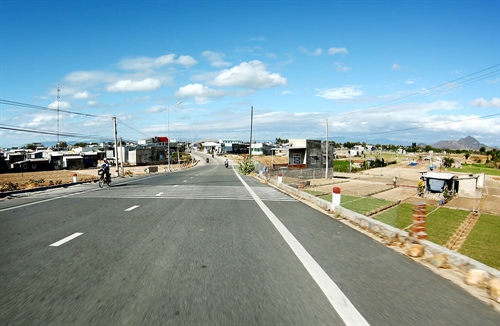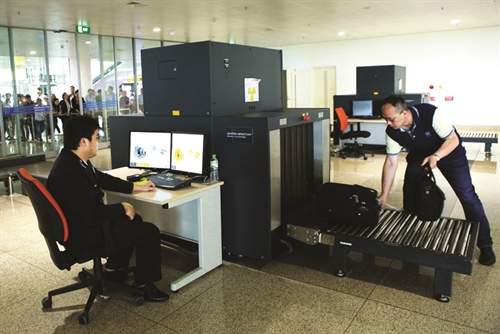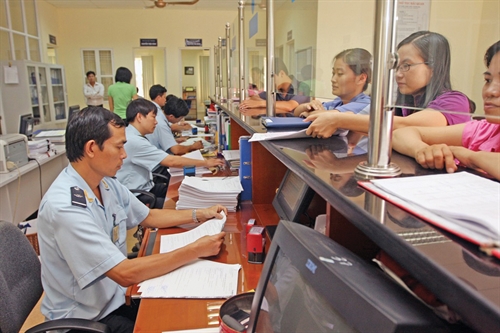Public-private partnership (PPP) regulations would be amended toward facilitating project implementation while ensuring strict management of projects and harmony of the interests among the State, investors and users, heard a recent meeting that discussed a draft decree to replace Decree 15 of 2015 regarding investment in the PPP form.
 |
| PPP regulations would be amended toward facilitating project implementation__Photo: Internet |
According to Decree 15, state capital in PPP projects only covers state budget funds, government bonds, municipal bonds, ODA loans and concessional loans from foreign donors.
According to the Ministry of Planning and Investment, current regulations restrict the use of other lawful public investment funds, such as regular expenditures and revenues from public services.
To deal with this, the draft decree states that in addition to public investment funds, state capital (to support work construction) may be added with other sources such as the value of public property and the right to exploit public property in accordance with law, and applicable to all kinds of contracts. However, public investment funds may not be used for build-transfer contracts.
At the same time, capital to be paid to investors under build-transfer-lease and build-lease-transfer contracts would come from regular expenditures and revenues from provision of public services.
Regarding equity ratio of investors, the draft says that for a project capitalized up to VND 1.5 trillion, the equity ratio must not be lower than 20 percent of the total investment capital (5 percent higher than the current level). For projects valued at over VND 1.5 trillion, investors must have the equity ratio of at least 20 percent of the capital amount up to VND 1.5 trillion plus 10 percent of the capital amount exceeding VND 1.5 trillion.
As per the draft, investors may transfer contractual rights and obligations to lenders or other investors only after having completed the construction of projects with construction components or after having shifted to operate projects without construction components. The draft also sets capacity conditions on transferees of contractual rights and obligations.-









